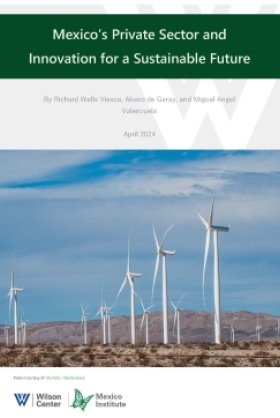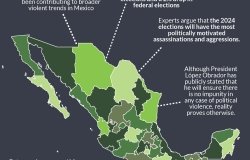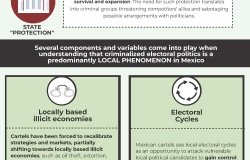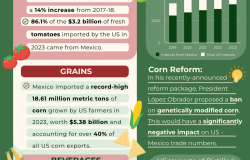Migration Management in Mexico and Central America-Mexico Institute in the News
This report is the latest research from the Regional Migration Study Group, a partnership between MPI and the Latin American Program/Mexico Institute of the Woodrow Wilson International Center for Scholars.
ImmigrationProf Blog, 10/19/2012
Migration has emerged as a critical policy issue for Mexico and Central America over the course of the last three decades. While most attention has focused on Mexican migration to the United States, Central American transit migration through Mexico has increased in size and visibility since the 1980s, generating policy and governance issues for Mexico. For much of the 1990s, the Mexican government expressed no clear preference to either control or openly tolerate Central American transit migration. Its main law governing immigration was the 1974 General Population Law, which focused on family unification and was framed as a response to the challenges of the era, notably large-scale emigration from Mexico. But with calls from Mexican civil society and others to improve policy coherence and implementation, as well as improve protections for migrants who are vulnerable to abuse as they transit through Mexico en route to the United States, Mexico in 2011 adopted a sweeping new migration law. Regulations for the Ley de Migración were published just weeks ago and are due to take effect in early November.
Related Program

Mexico Institute
The Mexico Institute seeks to improve understanding, communication, and cooperation between Mexico and the United States by promoting original research, encouraging public discussion, and proposing policy options for enhancing the bilateral relationship. A binational Advisory Board, chaired by Luis Téllez and Earl Anthony Wayne, oversees the work of the Mexico Institute. Read more







